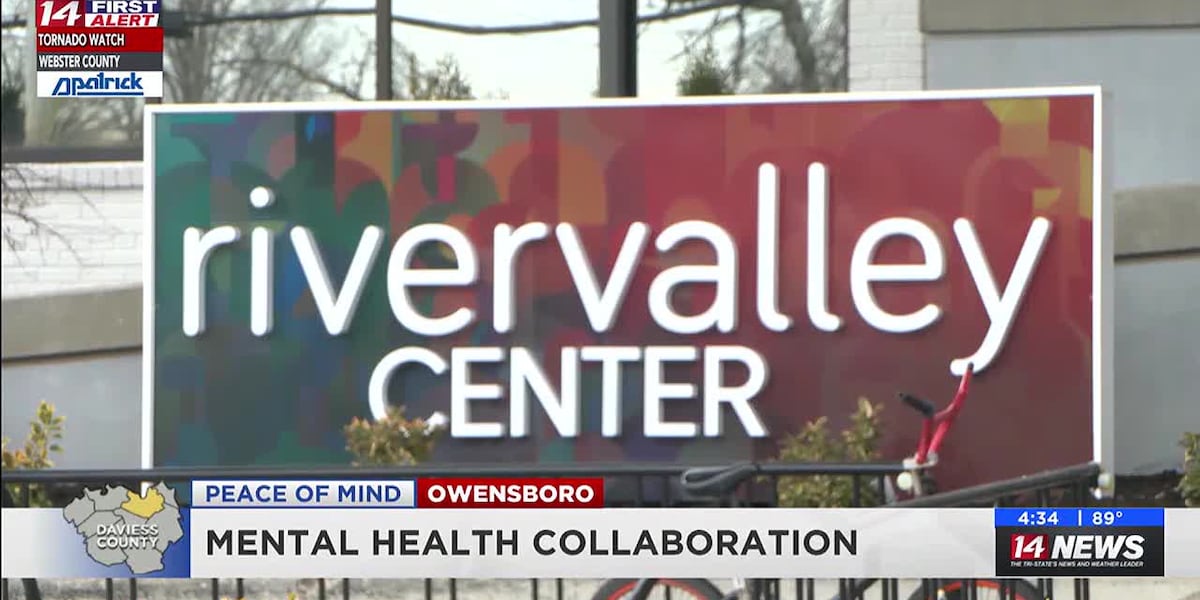MetroSouth Closure: A Stark Warning of Medicaid Cuts' Impact on South Suburban Healthcare
2025-06-20

Chicago Tribune
The recent closure of MetroSouth Hospital in Blue Island serves as a chilling reminder of the potential consequences of proposed Medicaid cuts. South suburban officials are raising serious concerns that these cuts could severely undermine access to healthcare for vulnerable populations and lead to further instability in the region's healthcare system.
A Community in Crisis: The MetroSouth Story
MetroSouth Hospital's sudden closure left residents of Blue Island and surrounding communities reeling. The hospital, a vital source of emergency care and medical services, cited financial difficulties as the primary reason for its shutdown. While the specific circumstances surrounding MetroSouth's closure are complex, local officials are quick to point to the looming threat of Medicaid cuts as a major contributing factor.
Medicaid Cuts: A Threat to Healthcare Access
President Trump's proposed cuts to Medicaid have sparked widespread concern among healthcare providers and advocates. Medicaid provides essential healthcare coverage to millions of Americans, including low-income individuals, children, seniors, and people with disabilities. Reducing Medicaid funding would inevitably lead to reduced access to care, increased costs for patients, and potential closures of hospitals and clinics, particularly in underserved areas like the south suburbs.
South Suburban Vulnerability
The south suburbs of Chicago already face significant healthcare challenges, including a shortage of providers, limited access to transportation, and high rates of chronic disease. The closure of MetroSouth exacerbates these issues, leaving residents with fewer options for medical care. Officials fear that further Medicaid cuts would push the region's healthcare system to the breaking point, jeopardizing the health and well-being of countless individuals.
Beyond MetroSouth: A Regional Concern
The MetroSouth situation isn’t an isolated incident. Hospitals across Illinois and the nation are struggling to stay afloat amidst rising costs and declining reimbursement rates. Medicaid cuts would only intensify these pressures, potentially leading to more hospital closures and job losses. This would have a ripple effect throughout the entire healthcare ecosystem, impacting not only patients but also healthcare professionals and the broader economy.
Call to Action: Protecting Healthcare in the South Suburbs
South suburban officials are urging state and federal lawmakers to oppose Medicaid cuts and prioritize investments in healthcare. They emphasize the importance of maintaining a strong and accessible healthcare system to ensure the health and well-being of all residents. The MetroSouth closure serves as a powerful reminder of the stakes—and the urgent need for action. The community needs to advocate for policies that support hospitals, protect Medicaid, and prioritize the health of its most vulnerable members. Ignoring these warning signs could lead to a healthcare crisis with devastating consequences.
Looking Ahead: Ensuring a Sustainable Healthcare Future
The challenges facing the south suburban healthcare system are complex and require a multifaceted approach. Beyond opposing Medicaid cuts, policymakers should explore strategies to improve healthcare delivery, expand access to care, and address the social determinants of health. Investing in community health centers, telehealth services, and workforce development programs can help strengthen the region’s healthcare infrastructure and ensure a sustainable future for all. The MetroSouth closure should be a catalyst for positive change, prompting a renewed commitment to ensuring that everyone in the south suburbs has access to the quality healthcare they deserve.





